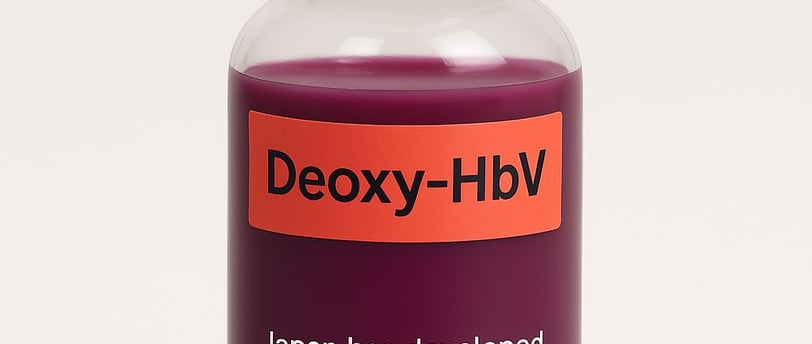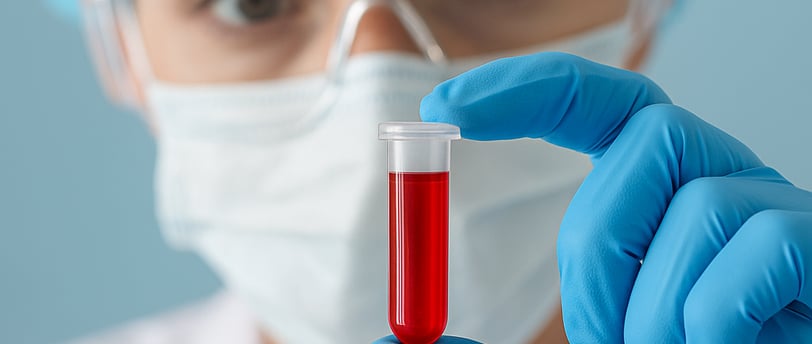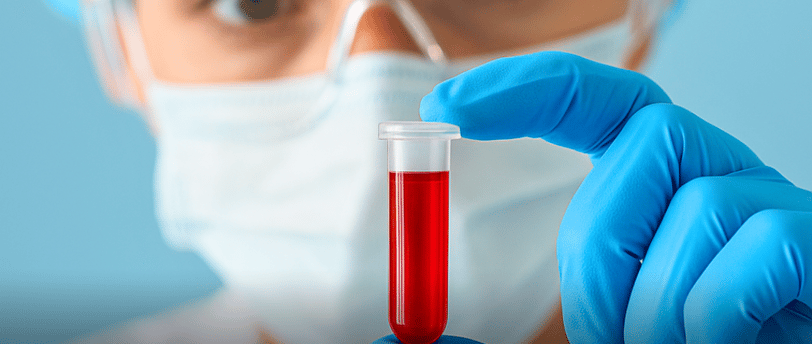Welcome to our Site
Japan Develops Universal Artificial Blood 'Deoxy-HbV' A Major Breakthrough in Medical Science
In a significant medical breakthrough, Japan has developed a universal artificial blood product called 'Deoxy-HbV' (Deoxygenated Hemoglobin Vesicle), capable of remaining shelf-stable for up to two years—a remarkable advancement compared to natural blood, which typically expires within 3 to 6 weeks. The artificial blood is designed to be universal, meaning it can be transfused into patients of any blood type without the need for cross-matching, which is crucial in emergency situations and battlefield medicine. Researchers highlight that the innovation could revolutionize emergency care, especially in disaster zones, remote regions, and during mass casualty events. Deoxy-HbV mimics the oxygen-carrying function of red blood cells and is composed of hemoglobin encapsulated in a lipid membrane. It has shown promising results in clinical trials and animal studies, with no significant adverse reactions reported so far. Global health experts and humanitarian organizations have praised the development, stating that it could help resolve chronic blood shortages in hospitals, particularly in under-resourced countries. This innovation from Japan is expected to enter broader clinical use after regulatory approval, and it marks a major step forward in the field of synthetic biology and transfusion medicine.
SCIENCELATEST NEWSNEWSENGLISH NEWSWORLD
Muhammed Ahmed
6/2/20251 min read


My post content



